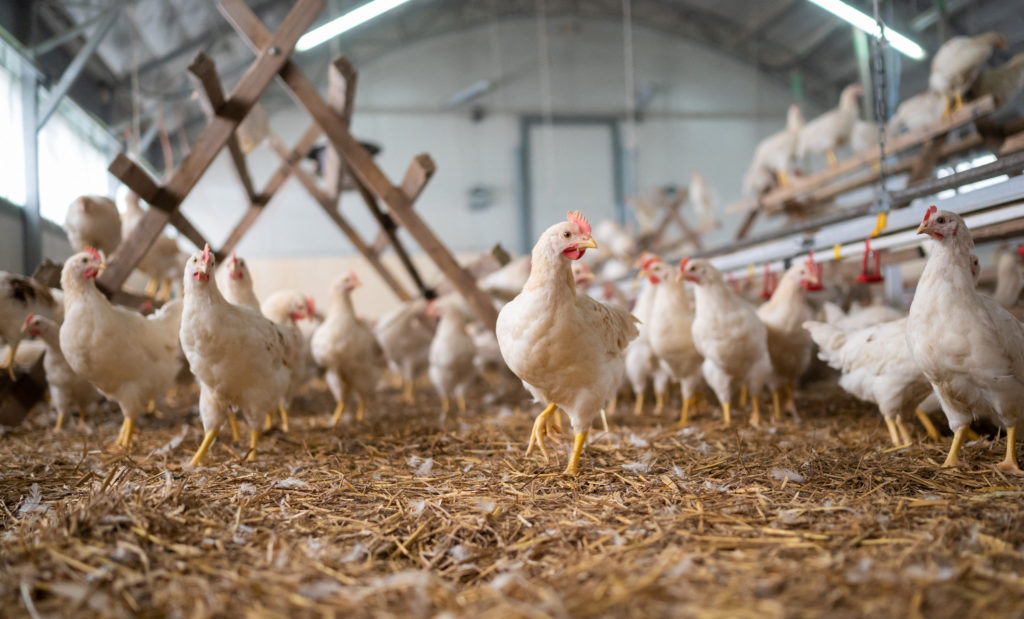Brasília – The Ministry of Agriculture, Livestock and Supply and poultry farmers in Brazil are reinforcing biosecurity in the country given the increase of highly pathogenic avian influenza (H5N1) cases in South America. Brazil has never recorded any case of the disease in its territory.
Avian influenza, also known as bird flu, is a highly contagious viral disease that affects both domestic and wild birds. So far cases of the disease have been reported in neighboring countries like Colombia, Ecuador, Venezuela, Peru and Chile. “In some countries, cases are restricted to wild birds, while in others it affects poultry birds,” the Ministry said.
According to the Ministry, this is the world’s largest epidemic of highly pathogenic avian influenza reported so far, and most cases are connected to the contact with migratory wild birds with poultry or local wild birds.
The intensification of surveillance actions includes, for example, testing of collected poultry bird samples created in local near migratory bird sites. The purpose is monitoring virus circulation, allowing the demonstration of absence of infection, and supporting the certification of Brazil as a highly pathogenic avian influenza-free country.
Production sector
Lobby group ABPA has updated its biosecurity protocol with a recommendation for immediate suspension of visits to farms, slaughterhouses and other poultry facilities in the country. The decision applies to both Brazilians and foreigners. ABPA also recommends that specific and emergency needs are analyzed based on the new recommendations and “extra care.”
ABPA pointed out that cases reported in South America took place in the coastline, in local water and migratory birds, and that there are geographical issues protecting the Brazilian poultry sector from the disease. “Even so, we’re on full alert to maintain Brazil as the world’s largest poultry exporter and second largest producer, as well as a relevant egg producer. It’s a sectoral issue but also of interest for the society, as they are two of the most consumed proteins by the Brazilian population,” Ricardo Santin, head of ABPA, said.
Translated by Guilherme Miranda




